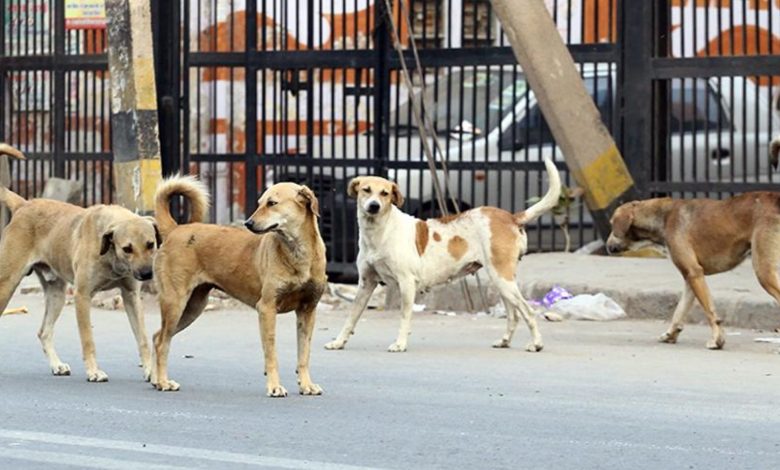Stray Dogs Delhi-NCR Order: Supreme Court Issues No-Release Directive

In a significant legal step, the stray dogs Delhi-NCR order issued by the Supreme Court mandates sterilisation and bans releasing strays back to the streets. The order marks a tough stance against the stray dog menace, which has been a rising concern across urban areas.
According to the directive, municipal authorities must work with animal welfare boards and veterinary departments to ensure effective implementation. The court emphasised that there can be “no compromise” on the safety of citizens, particularly children and the elderly, who are often victims of dog attacks.
Why the Stray Dogs Delhi-NCR Order Was Passed by the Supreme Court
The court’s decision follows multiple reports of aggressive stray dog attacks in residential areas, parks, and school zones. The bench noted that uncontrolled street dog populations pose both health and safety risks. Rabies, a preventable but deadly disease, remains a concern, and sterilisation has long been viewed as the most humane population control method.
The court also criticised lax enforcement of existing animal control rules, pointing out that piecemeal efforts have failed to address the issue effectively. By ordering that stray dogs be kept in shelters after sterilisation, the court aims to prevent them from returning to the streets and posing a danger again.
Impact on Civic Bodies and Animal Welfare Organisations
For civic bodies in Delhi, Gurugram, Noida, Ghaziabad, and Faridabad, this ruling means a massive operational challenge. Shelters will need to be expanded, veterinary teams strengthened, and public awareness campaigns launched.
Animal rights groups have expressed mixed reactions. While some welcome the move as a step towards responsible pet population control, others worry about overcrowding in shelters and the lack of adequate facilities to house thousands of animals long-term.
Legal and Policy Implications
This order aligns with the Animal Birth Control (ABC) Rules, 2023, but goes a step further by banning the release of sterilised dogs back into their original locations in Delhi-NCR. Experts believe this could set a precedent for other states grappling with similar issues.
It also raises budgetary concerns. Maintaining large numbers of dogs in shelters will require steady funding, trained staff, and ongoing veterinary care. The court has left it to state governments and local bodies to figure out the logistics, but stressed that failure to act will not be tolerated.
Public Response
Residents have welcomed the order, citing a long-standing need for decisive action. On social media, many have called for a nationwide policy mirroring the Delhi-NCR approach.
Animal lovers, meanwhile, are urging authorities to ensure humane shelter conditions, timely feeding, and medical care for all sterilised dogs.
Read more legal updates on TimesNTalk Legal News
Read the full report on India Today




